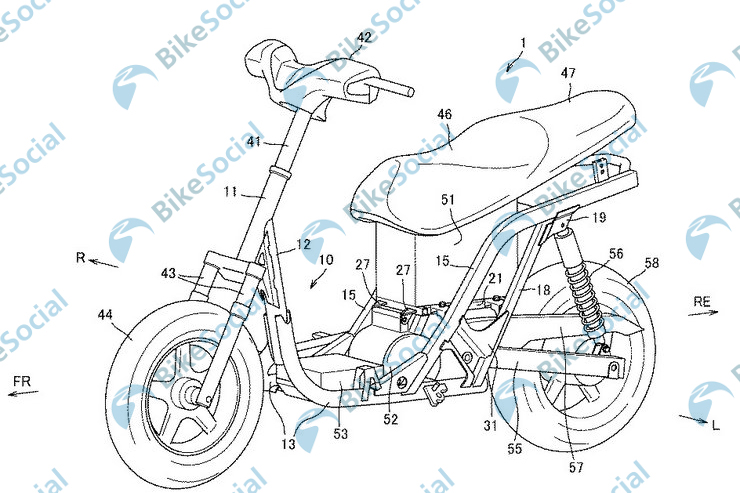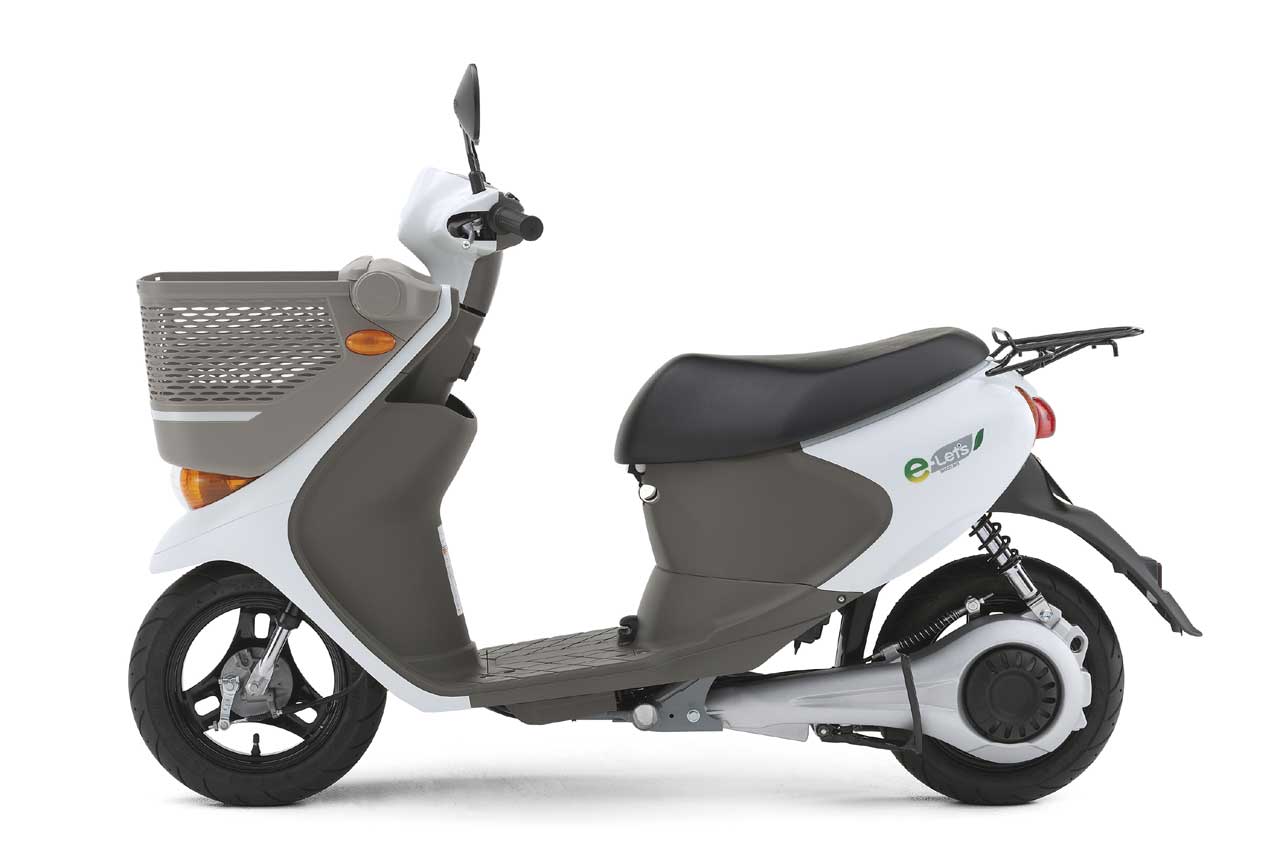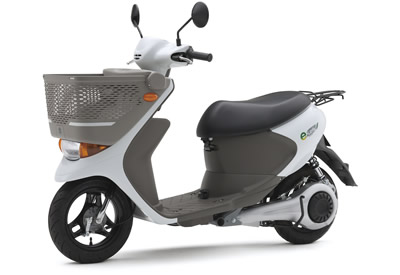Japanese two-wheeler manufacturer Suzuki could be developing an all-electric scooter which the brand might manufacture in India. Patent images of the e-scooter have been circulating the internet which indicates that the brand is taking the affordable route towards e-scooter which will help make volumes in developing markets. The brand is also expected to produce the e-scooter and sell it in the Indian as well as the international markets.
According to the leaked patent design, the e-scooter features a steel underbone chassis comprising of rounded as well as squared tubing with the battery pack located under the seat, the control unit located under the floorboard and the electric motor appears to be mounted at the pivot point rather than a hub-mounted motor. The electric motor is likely to drive the rear wheel using a belt and pulley system.
The patent images also reveal that the chassis has been reinforced using pressed steel plates at certain key stress areas such as the pivot point, the front downtube junction and the rear suspension mounting point. Talking about the suspension, the images reveal that the e-scooter gets conventional telescopic front forks and a single coil-spring type shock absorber at the rear.
Other mechanical parts include a double-sided swingarm, alloy wheels a larger rear tyre as compared to the front tyre, handlebar covers, seats that can accommodate two people and the under-seat battery pack is also speculated to be user-removable and swappable. The e-scooter is further speculated to reach top speeds of up to 60 kmph to keep up with city traffic and is likely to have enough range that could do for a single day commute at the least.
The Suzuki e-scooter is rumoured to be introduced around 2021 in the Indian market which is currently flooded with e-scooters that claim a premium price of around the INR 1 lakh mark. Suzuki may be intending to manufacture the e-scooter in the Indian market to keep the production cost low and a lower more affordable price tag.




